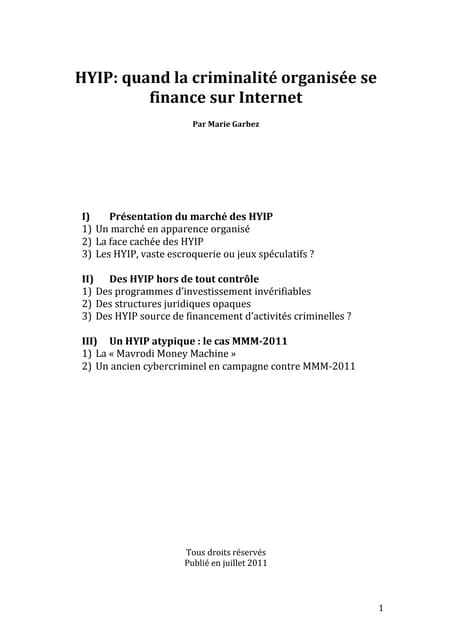Did you know that British companies are already reaping the rewards of their investments in the fight against financial crime? According to LexisNexis, significant progress is being felt in this crucial area for economic security. Let’s explore together how these efforts are beginning to bear fruit and what the positive outcomes are.
Table of Contents
ToggleA Major Challenge: Financial Crime in the UK

British financial services companies are currently spending over £21,000 per hour to combat financial crime and fraud through compliance and control processes. According to the latest “True Cost of Compliance” report from LexisNexis Risk Solutions, compliance costs have increased by 12% in 2023, impacting 95% of the surveyed companies. It is now estimated that the sector spends an impressive £38.3 billion annually on compliance.
Technology at the Forefront
A significant portion of this cost increase is due to massive investment in technology over the past three years. Companies are now prioritizing tech roles for over 50% of their compliance recruitment, compared to 34.1% the previous year. These experts are essential for harnessing new technologies and interpreting their results. This ongoing investment in technology is expected to further increase costs by 6% in the next three years.
The Benefits of Automation
Despite these rising expenses, companies are beginning to see the benefits of their investments. For example, the costs associated with Know Your Customer (KYC) and identity verification have significantly decreased, dropping from 22% to only 15% of total compliance costs due to the increased efficiency of automated processes. These efficiency gains are also reflected in anti-money laundering (AML) checks, alert processing, and internal investigations.
The Rise of Artificial Intelligence
British companies are increasingly turning to advanced analytics and artificial intelligence (AI) to enhance their financial crime prevention processes. Currently, 40% of companies have already integrated these new technologies into their customer due diligence processes, and 58% plan to do so within the next three years. By focusing on improving data quality, companies aim to make detection and prevention of financial crime more effective.
A Promising Future
Despite the short-term rise in costs, companies are recognizing the long-term value of technology, particularly AI, in making the fight against financial crime more efficient. LexisNexis indicates that if current trends continue, overall compliance costs could begin to decrease for the majority of companies by the end of the decade.
Key Takeaways
| Technological Investment | Benefits Reaped |
| 33% growth since 2021 | Decrease in KYC costs |
| 52.4% of hires in tech | Greater efficiency of processes |
| Rise of AI | Improved fraud detection |
| Planning for the next three years | Increased financial crime prevention |
In conclusion, although compliance costs continue to weigh heavily on British companies, investments in technology and automation are allowing them to combat financial crime more effectively. With increasing adoption of AI and ongoing data improvements, the sector is well-positioned to make the most of these long-term investments.

Le traitement de la criminalité financière est en crise depuis longtemps : insuffisance de services d'investigation et d'enquêteurs spécialisés, insuffisance de magistrats spécialisés. Il est urgent de donner des moyens à la hauteur des enjeux https://t.co/CpPOgNdTkf
— François Molins (@francois_molins) April 8, 2024





